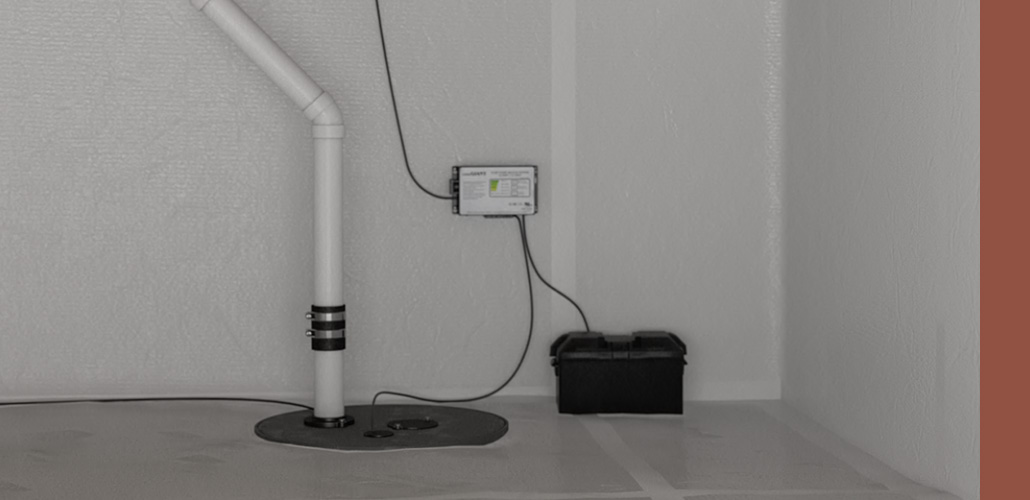Seamless Well Pump Replacement: Recovering Your Supply Of Water with Accuracy
Seamless Well Pump Replacement: Recovering Your Supply Of Water with Accuracy
Blog Article
Understanding the Secret Elements of Effective Water Purification Systems

Importance of Water Filtration Solution
Water filtration systems play an essential duty in ensuring access to tidy and secure alcohol consumption water by efficiently getting rid of pollutants and impurities. These systems are vital in addressing the expanding problems over water quality and the potential health threats associated with consuming infected water. By utilizing numerous filtering devices such as reverse osmosis, activated carbon, and UV sterilization, water filtering systems can efficiently remove unsafe materials like microorganisms, infections, hefty steels, and chemicals from the water supply.
In addition, water purification systems assist to improve the taste and odor of water by getting rid of chlorine, debris, and other toxins that can affect its quality. Well Pump Replacement. This enhancement in water high quality not just makes it more tasty but additionally urges individuals to consume a sufficient amount of water daily, promoting better hydration and total wellness
Sorts Of Filtering Elements

Physical filters are created to physically stress out contaminations from the water. These filters can be made of materials like ceramic, carbon, and even sand, and they work by capturing bits larger than the filter's pores as water travels through.
Chemical filters make use of numerous chemical procedures to get rid of contaminants from the water. Examples include turned on carbon filters, which adsorb pollutants, and reverse osmosis membranes, which use pressure to different impurities from the water.
Biological filters utilize living organisms like microorganisms or algae to damage down raw material and toxins in the water. These filters visit this website are usually utilized in wastewater treatment plants or all-natural water filtration systems.
Understanding the various sorts of filtration components is essential for picking the most ideal water filtering system for particular purification needs.
Function of Sediment Filters
Debris filters play a vital duty in water filtering systems by efficiently recording solid bits suspended in the water. These filters are typically the very first line of defense in a filtration system, getting rid of larger bits such as sand, silt, dust, and rust before the water moves via finer filtration stages. By capturing these sediments, the filters stop them from reaching downstream parts, hence expanding the life expectancy and effectiveness of the entire system.
Disregarding this maintenance can lead to obstructing, lowered water circulation, and jeopardized filtering efficiency. Overall, debris filters are crucial elements that contribute significantly to the effectiveness of water filtration systems.
Duty of Triggered Carbon Filters
Playing an essential function in water filtration systems, triggered carbon filters are important in removing pollutants and pollutants from the supply of water. These filters are designed to adsorb and trap a large range of toxins, including chlorine, unpredictable organic compounds (VOCs), chemicals, and herbicides. The turned on carbon product has a big area, enabling the efficient trapping of impurities through a procedure called adsorption. As water goes through the filter, the turned on carbon holds and attracts onto the contaminations, making recommended you read sure that the water that appears beyond is cleaner and safer for consumption.
Activated carbon filters are very efficient at enhancing the preference and odor of water by decreasing chemicals that can impact its top quality. Due to their adaptability and dependability, activated carbon filters are a vital component in making sure that water is purified to the highest possible criteria prior to reaching consumers.
Understanding Reverse Osmosis Equipments
Reverse osmosis systems are sophisticated water filtration systems that use a sophisticated process to eliminate pollutants and pollutants from drinking water. These systems function by using stress to the water, requiring it through a semi-permeable membrane layer.
One secret benefit useful reference of reverse osmosis systems is their capability to remove a wide variety of contaminants, consisting of heavy metals, liquified viruses, bacteria, and solids. This makes them highly efficient in boosting the general high quality and security of drinking water. In addition, reverse osmosis systems are fairly low-maintenance and can be installed under the sink or in a main purification system, offering practical accessibility to clean water throughout the household. Generally, understanding exactly how reverse osmosis systems work can assist individuals make notified decisions about their water filtration requirements.
Final Thought
In verdict, effective water purification systems are essential for making certain tidy and safe drinking water. By comprehending the feature and function of each component, people can make enlightened decisions when selecting a water filtering system.
Water filtration systems play a crucial role in making sure accessibility to clean and risk-free drinking water by effectively eliminating impurities and contaminants. By utilizing various filtration systems such as reverse osmosis, activated carbon, and UV sterilization, water purification systems can efficiently eliminate damaging substances like germs, infections, heavy metals, and chemicals from the water supply.
Debris filters play an essential duty in water filtration systems by properly recording strong fragments put on hold in the water (Water Filtration Systems).Playing a critical role in water purification systems, turned on carbon filters are important in removing contaminations and impurities from the water supply.Reverse osmosis systems are advanced water purification systems that utilize an innovative process to remove impurities and pollutants from drinking water
Report this page